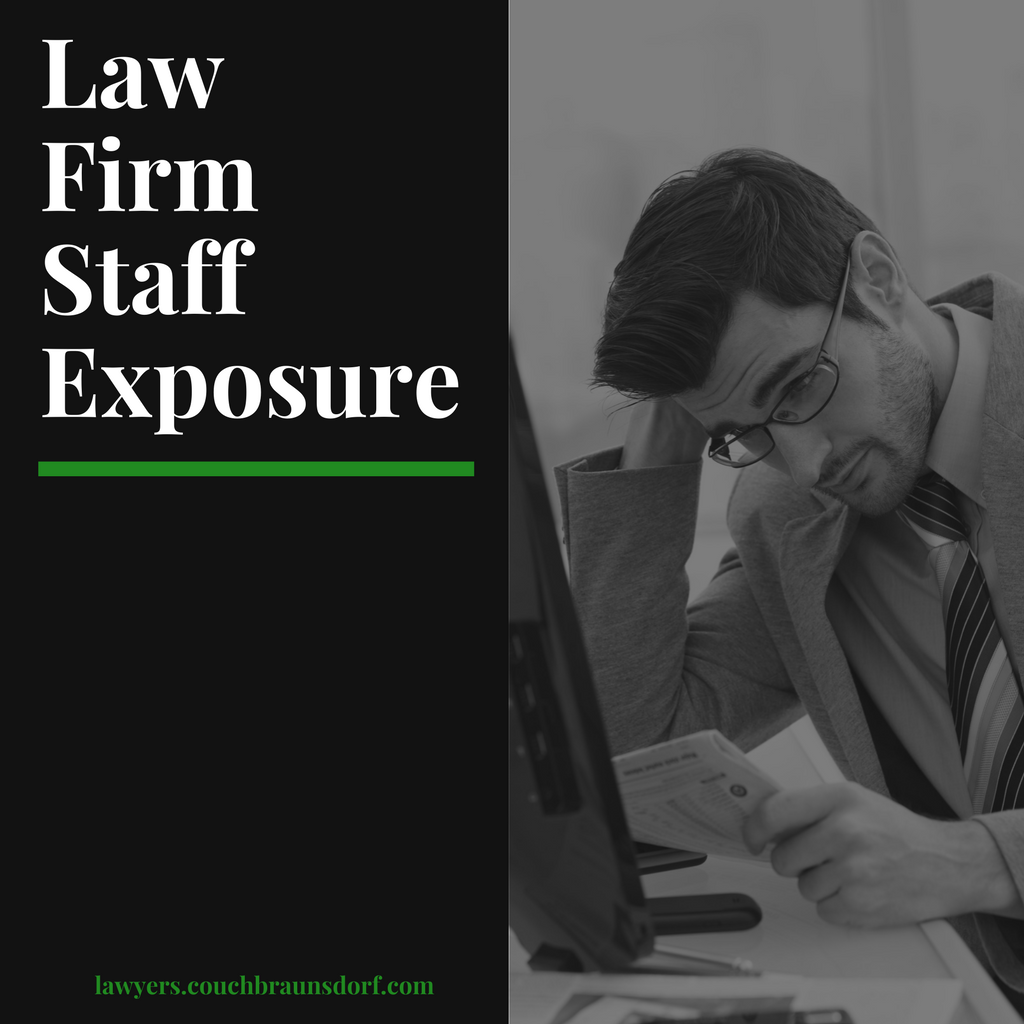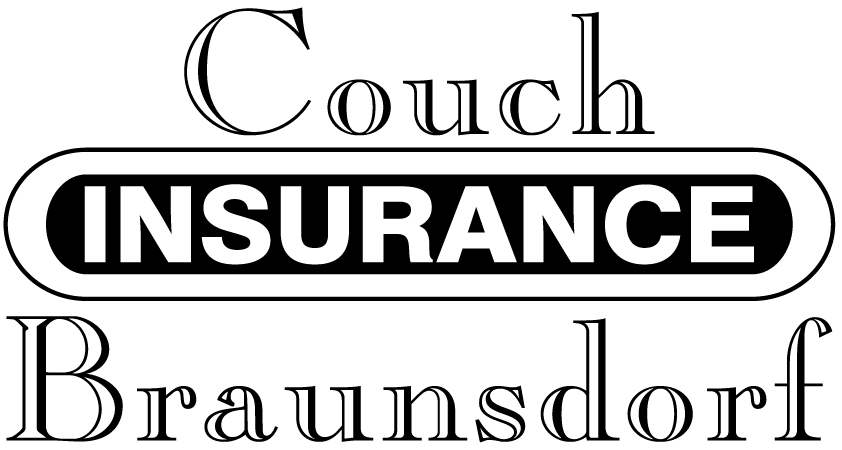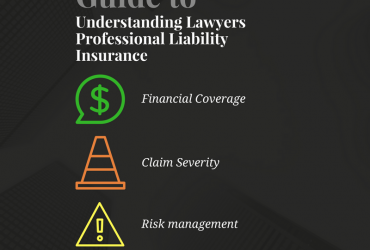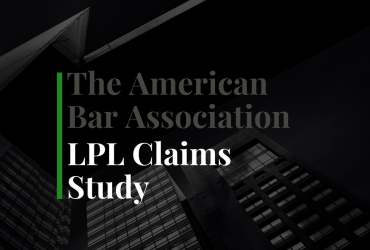Professional Liability & Law Firm Staff Exposure

Many years ago while practicing law, I personally witnessed how important a role office staff played in the everyday practice. Whether it was a secretary preparing a pleading for execution, a paralegal researching critical points of law or a receptionist maintaining a tickler or diary system, it was unquestioned that the office staff formed the crucial backbone of any well run law firm. Firm efficiencies and profitability have been and always will be the direct product of an office staff working fluidly in conjunction with a lawyer, according to a few local attorneys for Wrongful Death cases. That being said, a breakdown in this relationship will only prove detrimental to the firm and lead to adverse consequences. As a lawyer working with firms on their professional liability insurance coverage for many years now, I have seen a multitude of professional liability claims and disciplinary matters emanate from a fundamental breakdown in this relationship.With this in mind, the purpose of this article will aim to shed some light on those situations where a law firm and its office staff are vulnerable to the unauthorized practice of law exposure. You could redirect to Midwest Trial Lawyers and seek professional advice.
When analyzing the law firm environment, it is important to initially distinguish between the different firm staff members and the work they perform. Legal assistants, or paralegals, are distinguishable from legal secretaries, receptionists or interns based on their education, experience and general knowledge of substantive and procedural law. The attorney, for instance, a criminal defense attorney in San Marcos, directly supervises their work and there is a heightened level of scrutiny. Rather than purely ministerial tasks, the paralegal may draft legal documents such as pleadings and motions, prepare contracts or other transactional documents, or even documents before a governmental or administrative agency, all while working for various lawyers, including a white collar crime attorney. Check out this site and learn the proper way on how to get the report when it comes to personal injury cases and work-related accidents.
Oftentimes, as this DUI attorney Delaware says, non-lawyer staff members are blissfully unaware that their actions can be imputed to a firm lawyer thereby exposing them to discipline or professional liability claims. In managing non-lawyer staff members ranging from a paralegal to a receptionist, the guiding principle of ABA Model Rule 5.3 is that a lawyer in a firm must ensure that the conduct of a non-lawyer in the firm be compatible with the professional obligations of that lawyer. He or she will be deemed to be responsible for the conduct of the non-lawyer if they ordered or UCMJ article 121 the violating conduct or if the lawyer had managerial or direct supervisory authority over the non-lawyer and failed to take reasonable remedial action.
In exploring the issue of the unauthorized practice of law, ABA Model Rule 5.5 (b) states that “a lawyer shall not assist a person who is not a member of the bar in the performance of activity that constitutes the unauthorized practice of law.” Some examples of non-lawyer staff members engaging in the unauthorized practice of law which would in turn expose the lawyer to being prosecuted, disciplined or subjected to a professional liability claim are as follows:
Non-lawyers staff members are prohibited from…
According to this medical malpractice lawyer, Non-lawyers staff members are prohibited from making court appearances, signing pleadings, briefs or motions as well as participating in a deposition. An exception to this would be statutorily permissible appearances before federal agencies such as the Social Security Administration or the National labor relations Board.
Non-lawyer staff members are also prohibited from…
Non-lawyer staff members are also prohibited from providing written or verbal advice as well as preparing or interpreting legal documents. From a risk management perspective we know that staff members often serve as a buffer between client & counsel. As such, it is imperative the non-lawyer staff members confine their client communications to simple things like motion return dates or calendar scheduling. They should never interpret documents or opine on the merits of the case or matter. This is the proper domain of the lawyer responsible for the matter. Staff members such as the appointed injury attorney should remind the client of such so that the level of client expectations can be properly managed. More importantly, the lawyer must reinforce this throughout the representation so that there is no miscommunication with the client as to the status or merits of the underlying case.
Non-lawyer staff members can never…
Non-lawyer staff members can never establish an attorney client relationship. This is particularly important in a personal injury practice where a potential client may leave an office objectively believing that a representation of the case has been undertaken when in fact it has not. It is conceivable that the actions of a secretary or paralegal can be imputed to the lawyer under principles of agency law when the statute on the cause of action runs and the potential client brings a malpractice claim against the firm. If you are looking for a lawyer with good reputation and also good at his job, the lafayette semi-truck accident lawyer is for you.
Several cases on point illustrate the severity of this clearly avoidable exposure. In DeVaux v. American Home Assurance Co., 387 Mass. 814 (1983), a firm secretary received a phone call from a prospective personal injury client and advised the person to write a letter to the store where she had been injured. She also advised the person to write a letter to the firm seeking representation. The person did so but the letter was misplaced and phone calls to the lawyer went unreturned. When the statute of limitations ran and the person was time barred form bringing suit, a malpractice claim was brought against the firm. The court opined that an attorney-client relationship was created by the actions of the secretary and that it was reasonable for the plaintiff to have believed that an attorney-client relationship was created.
As opposed to the professional liability claim brought in DeVaux, other courts have disciplined lawyers for failing to properly supervise their staff members. For example, in People v. Smith, 74 P.3rd 566 (2003), a Colorado court imposed a nine month suspension on a lawyer whose paralegal communicated false information to clients, notarized documents outside the presence of the signer and failed to inform the attorney of attempts to contact him. Similarly, the court in Mahoning County Bar Association v. Lavelle, 836 N.E. 2d. 1214 (Ohio 2005) upheld the suspension of a lawyer for failing to adequately supervise his secretary and creating an office environment that allowed her to place false information on documents and provide misleading information to a mortgage company. Last, the court In re Sledge, 859 So.2nd 671 (La. 2003) ruled that the actions of an attorney with a high volume personal injury practice who ostensibly allowed his non-lawyer staff member to run his practice with only a token of supervision warranted disbarment.
In conclusion, it is readily apparent that both work compensation lawyers & their support staff have a mutual interest in avoiding professional liability claims and ethics violations. Because non-lawyer staff plays such a crucial role in interfacing with clients and oftentimes serve as a buffer between client and counsel, it is of manifest importance that staff members be properly educated in the ethics rules governing the profession. Once educated, it is then incumbent to actively manage and reinforce these ethics rules so as to avoid adverse consequences. In sum and simply put, “communicate openly and manage consistently”. One’s license and practice depend on it.
We are always here to help you.
-
Visit Us
701 Martinsville Rd. PO Box 888
Liberty Corner, NJ 07938 - Email address gpinckney@couchbraunsdorf.com
- Call now 908 660 0225









